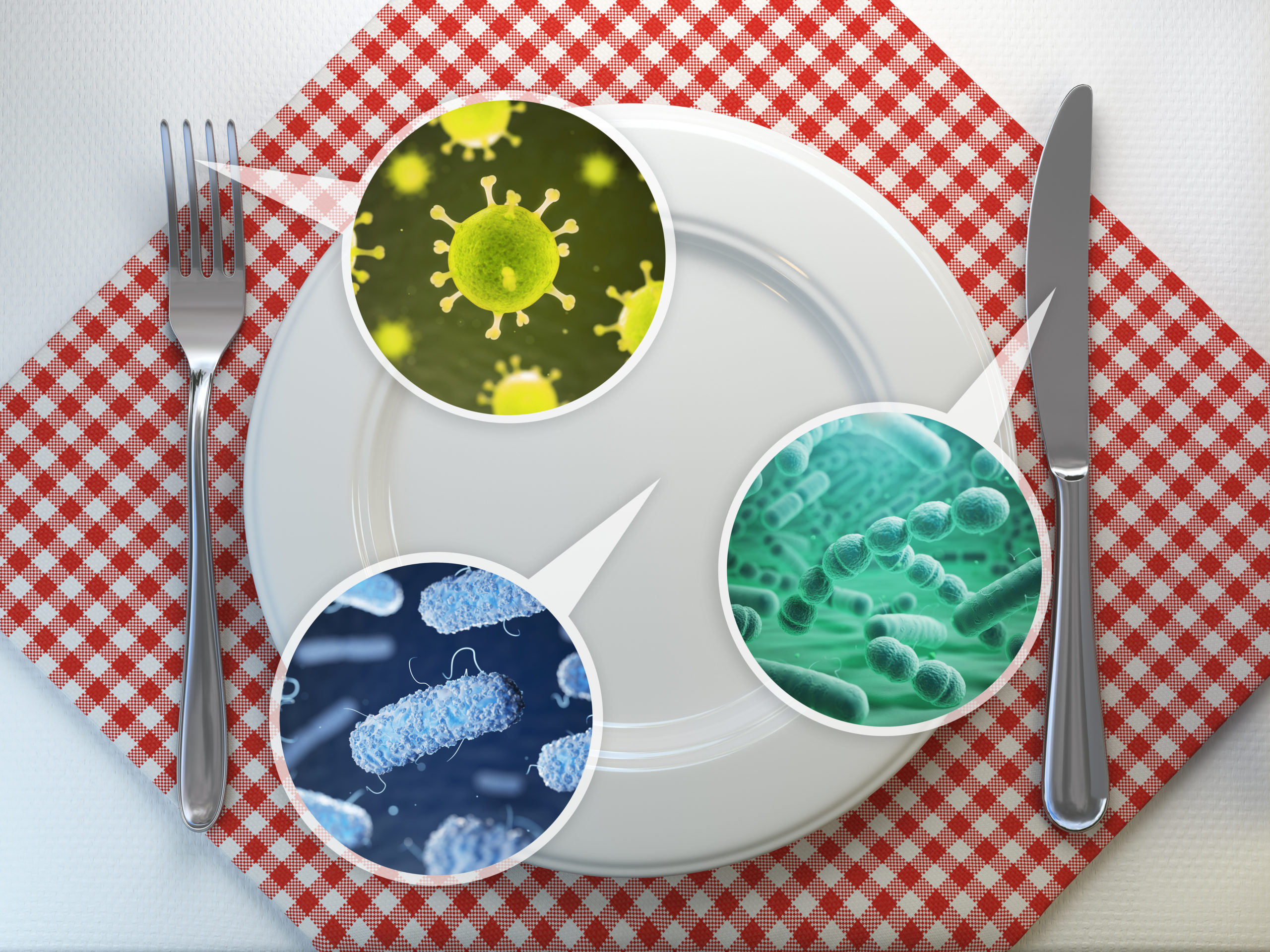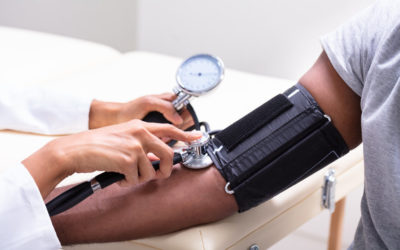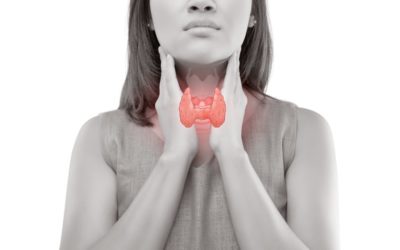Every year, an estimated 48 million Americans, or one out of every six, get food poisoning. It’s more common than you might expect to get sick from eating food contaminated with germs, viruses, or parasites. The majority of people get better on their own, without the need for medical intervention. If you suspect you may have ingested foods that may cause food poisoning, here are the food poisoning symptoms and treatment to be aware of if symptoms do arise.
What Is Food Poisoning?
Food poisoning, often known as foodborne illness, is a condition brought on by consuming contaminated food. The most prevalent causes of food poisoning include infectious organisms such as bacteria, viruses, parasites, and toxins.
Food can be contaminated by infectious organisms or their poisons at any step during processing or manufacture. Contamination can also happen at home if food is handled or cooked incorrectly.
Food poisoning is a common occurrence that can often be avoided. Food poisoning can be avoided in 85 percent of cases if food is handled and prepared appropriately. Symptoms usually go away within a day or two. Food poisoning, on the other hand, can be highly severe in some circumstances.
Food poisoning can affect anyone, but certain groups of people are more prone to become unwell and suffer from a more serious sickness. Their ability to resist viruses and illnesses may be limited. These individuals include:
- Children younger than age 5
- Adults aged 65 and older
- Pregnant people
- People whose immune systems are weakened
Food Poisoning Symptoms
Symptoms of food poisoning can range from minor to severe. Depending on the germ you ingested, your symptoms may vary. The following are the most prevalent signs and symptoms of food poisoning:
- Vomiting
- Nausea
- Upset stomach
- Diarrhea
- Fever
- Abdominal pains and cramps
See A Doctor immediately If Symptoms Include:
- Diarrhea persists for more than three days
- Fever higher than 101.5°F
- Severe dehydration
- Bloody urine
- Difficulty seeing or speaking
Food Poisoning Treatment
There are many different types of foodborne infections, and depending on the symptoms they cause, they may require different treatments. Food poisoning symptoms and treatment may include:
- Replacing lost fluids and electrolytes, as well as maintaining fluid intake, are critical.
Fluids and electrolytes minerals such as sodium, potassium, and calcium, which keep your body’s fluid balance in check, must be supplemented if you have prolonged diarrhea. Some children and adults with recurrent diarrhea or vomiting may require hospitalization to administer salts and fluids intravenously (via a vein) to avoid or treat dehydration.
- Bismuth subsalicylate preparations
Medications like Pepto Bismol can help to shorten the length and intensity of diarrhea.
If you have a specific type of bacterial food poisoning and your symptoms are severe, your doctor may prescribe antibiotics. Listeria food poisoning requires the administration of intravenous antibiotics while in the hospital. The sooner you start treatment, the better.
- Rest as much as possible
Getting enough rest will help your body recharge.
- Eat when you’re hungry.
At first, consume small, light, and non-fatty meals. Foods such as toast, crackers, rice, and bananas are good choices.
- Alcohol, caffeine, fizzy drinks, spicy and fatty drinks should all be avoided.
These beverages can dehydrate rather than hydrate a person. After a gastrointestinal infection, some people develop transient lactose intolerance and may suffer discomfort when drinking milk.
Food poisoning is an unpleasant illness that should clear itself in a few days. After being sick, a person can gradually reintroduce bland foods and hydrating beverages to help them feel better and minimize their symptoms. If food poisoning symptoms and treatment are unsuccessful, contact a medical professional.
Get Discounts At Your Local Pharmacy!
When you get food illness and need medication, the last thing on your mind is whether you can afford to fill the prescription. You may save up to 80% on your prescriptions with the Easy Drug Card. Get your free Pre-Activated RX Discount Card right away and use it at any of the 65,000+ participating pharmacies around the country.
Resources:
“Food poisoning” Mayo Clinic, 8 July 2021, https://www.mayoclinic.org/diseases-conditions/food-poisoning/diagnosis-treatment/drc-20356236
“Food Poisoning” Harvard Health Publishing, 8 July 2021, https://www.health.harvard.edu/a_to_z/food-poisoning-a-to-z
“Key Facts About Food Poisoning” Centers for Disease Control and Prevention, 8 July 2021, https://www.cdc.gov/foodsafety/food-poisoning.html
“Food Poisoning Symptoms” Centers For Disease Control and Prevention, 8 July 2021, https://www.cdc.gov/foodsafety/symptoms.html












